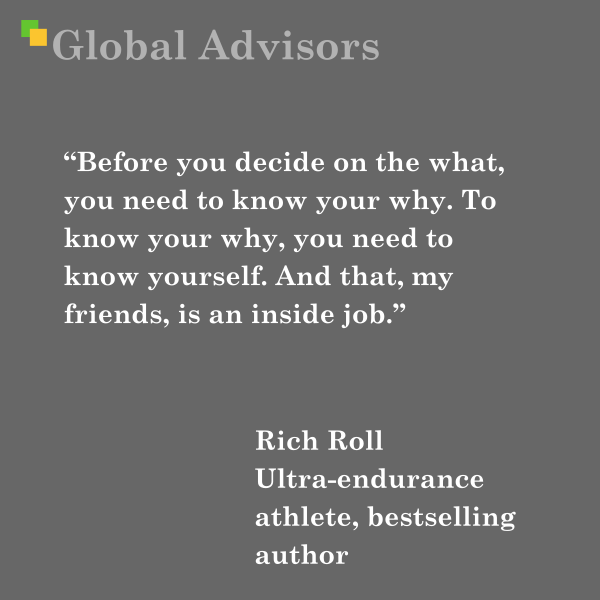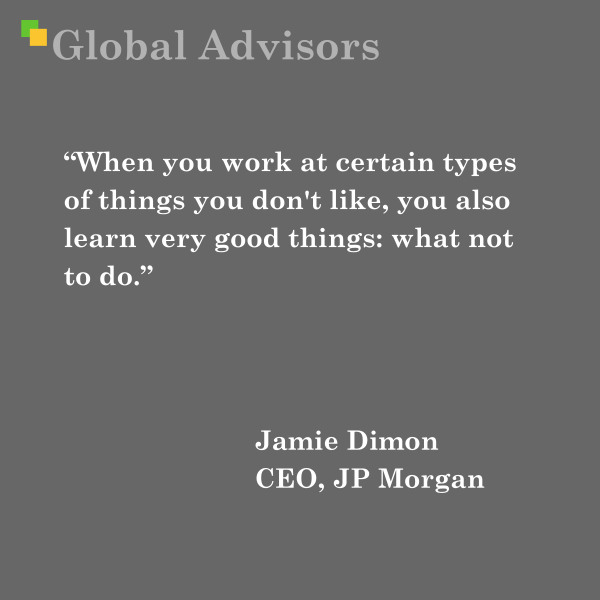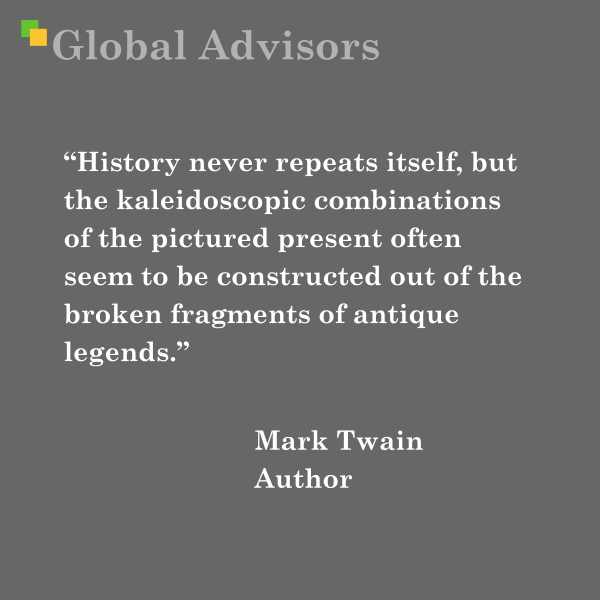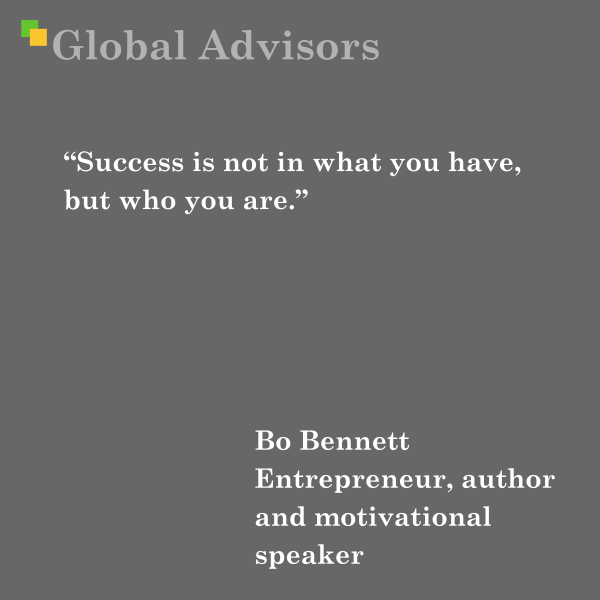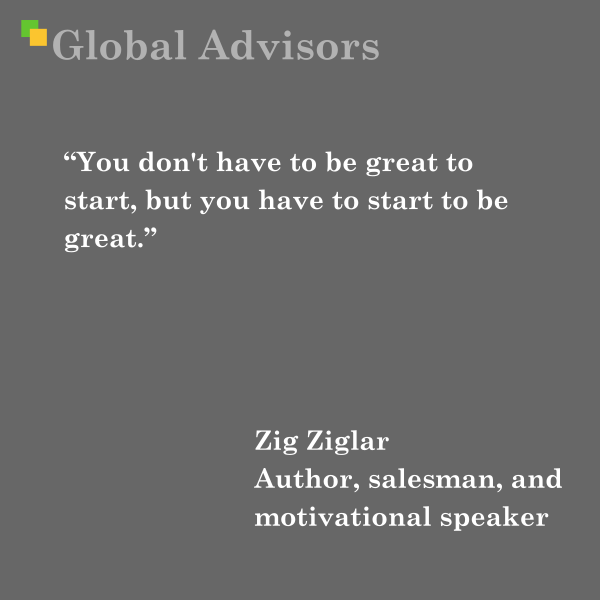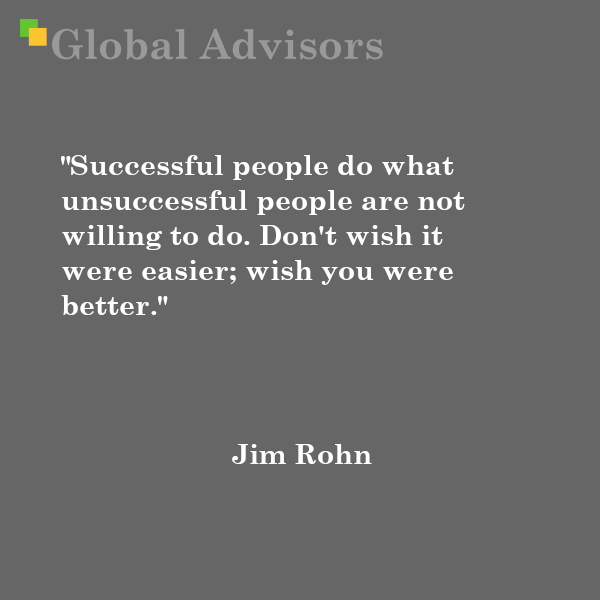“Before you decide on the what, you need to know your why. To know your why, you need to know yourself. And that, my friends, is an inside job.” – Rich Roll, Ultra-endurance athlete, bestselling author
Rich Roll is a vegan ultra-endurance athlete, wellness advocate, and bestselling author. He graduated from Stanford University and Cornell Law School, later becoming an entertainment attorney. Approaching 40, and after a history of struggling with drugs and alcohol, he found himself in poor health. This prompted a major life change where he embraced a plant-based diet and dedicated himself to fitness.
Two years later, he surprised the ultra-endurance community by completing the 320-mile Ultraman World Championship, finishing in the top 10. In May 2010, he and Jason Lester completed the EPIC5 CHALLENGE, consisting of five ironman-distance triathlons on five Hawaiian Islands in under a week. Rich is the author of Finding Ultra and The Plantpower Way. He hosts the Rich Roll Podcast, exploring themes of wellness, plant-based nutrition, and personal growth.
